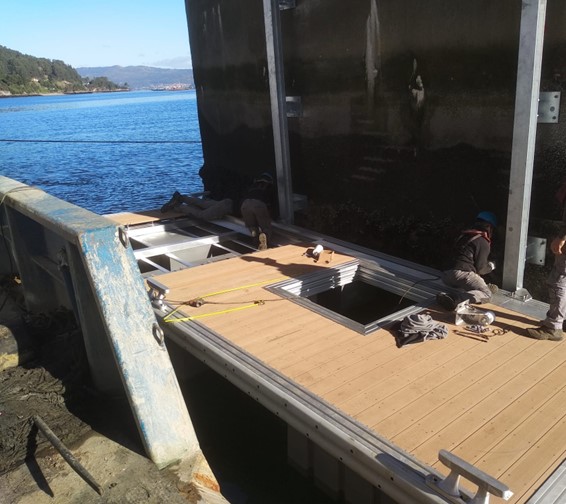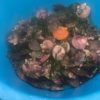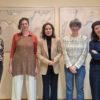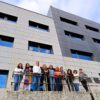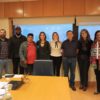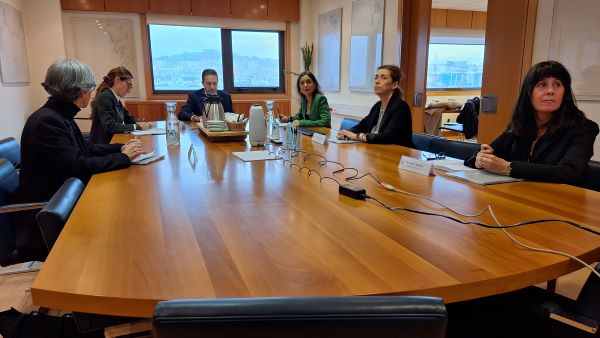
CETMAR closes the year with 52 projects and services underway and a budget for 2025 of over 4.5 million euro.
- The Head of the Regional Department for Marine Issues today chaired a joint meeting of the Foundation’s Board of Trustees where the action plan and the centre’s budget for 2025 were approved.
- The Technology Centre of the Sea closes a year after working on more than sixty actions linked to marine governance, marine observation, resource management, training and international cooperation, among other.
The Board of Trustees of the Technology Centre of the Sea -CETMAR Foundation met this morning at the headquarters in Vigo chaired by the Head of the Regional Department for Marine Issues, Mr. Alfonso Villares, as the vice president. The managing director of CETMAR, Mrs. Rosa Chapela, summarized the year 2024 and presented the action plan and budget for 2025, which exceeds 4.5 million euro.
The institution, dependent from the Regional Department for Marine Issues, is currently working on 52 projects and services, mostly internationally, related to marine governance, the fight against marine pollution, marine resource management, training, international cooperation, marine observation and the promotion and transfer of technology, among others.
The managing director of CETMAR explained to the Board of Trustees the actions developed in 2024 by the experts of the Galician institution, who were involved in 62 projects and services, most of which will continue throughout 2025.
In addition, CETMAR is awaiting the resolution of eight new proposals submitted recently to different calls.
CETMAR maintains the working line on the fight against marine pollution in projects such as Frene Litter AT, focused on the prevention, monitoring and reduction of marine litter, or BlueWWater, for the treatment, control and reduction of microplastics and emerging pollutants.
Regarding marine governance, CETMAR works in different projects and services related to marine spatial planning -REMAP-MSP, POEM- and in different support tasks for the Regional Coordination Groups (RCGs) under the European Commission, as well as to the FLAGs, as a service of the Regional Department for Marine Issues.
Most of the projects and services on the management of marine resources that CETMAR developed last year will continue in 2025, such as: Transformar, seeking solutions for to climate change adaptation in Galicia, in the mussel and shellfish sector, and Apromex, supporting CIMA in the analysis of mussel seed stocks.
In the same field, CETMAR is developing, together with two large consortia, European projects to minimize and eliminate bycatch of Endangered, Threatened and Protected (ETP) species (LIFE Cibbrina) and to reduce bycatch of marine mega fauna – birds, turtles, elasmobranches and cetacean.
CETMAR will continue in 2025 with the maintenance tasks for the Coastal Observatory of the Xunta de Galicia (Regional Government), and with the data analysis from the involvement in the European Marine Observation and Data Network (Emodnet), in the European Observatory for Fishery and Aquaculture Products (Eumofa) or in the European Observatory of the Blue Economy.



